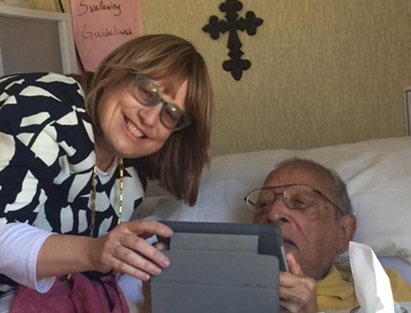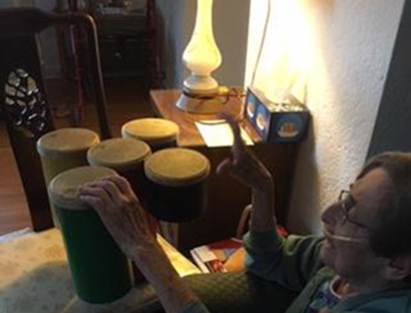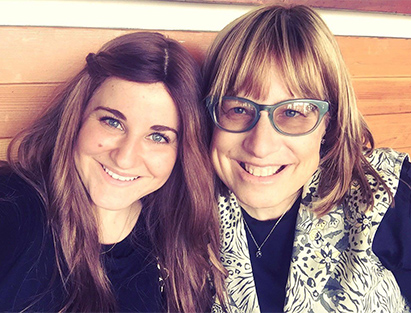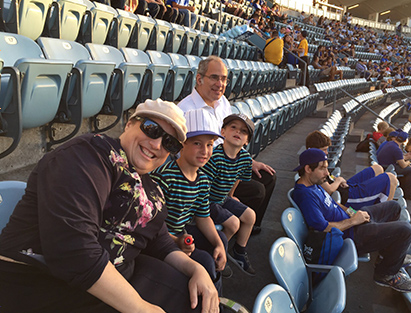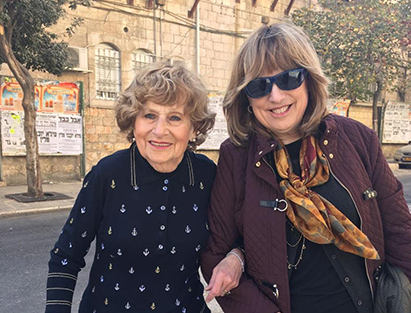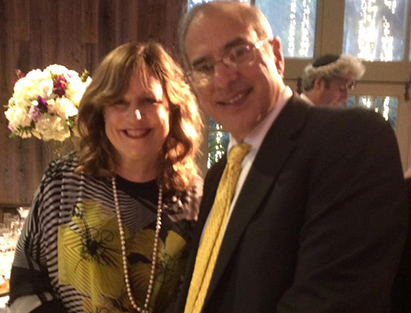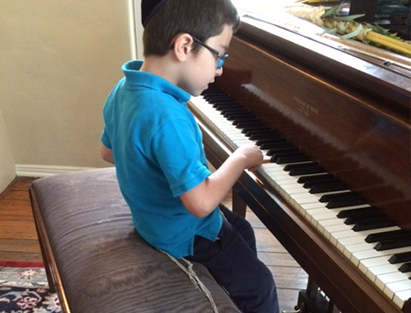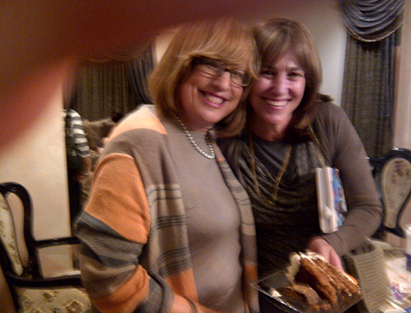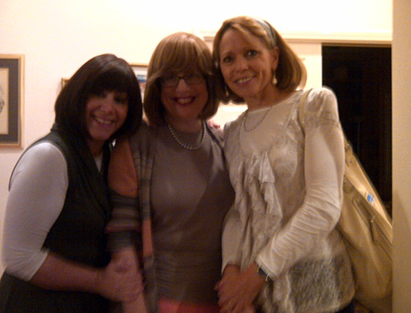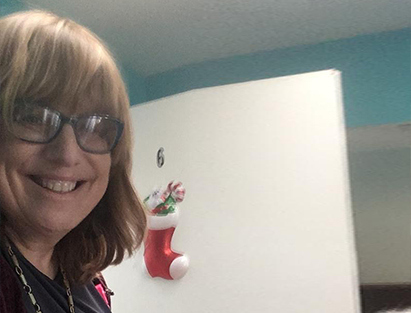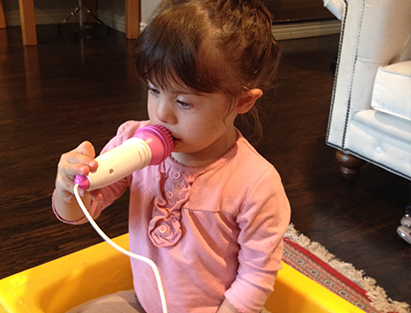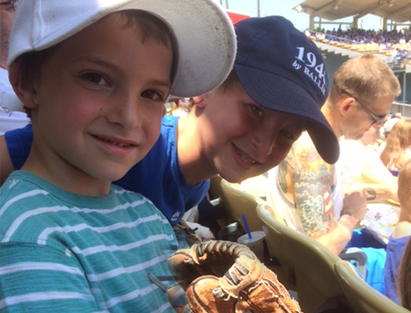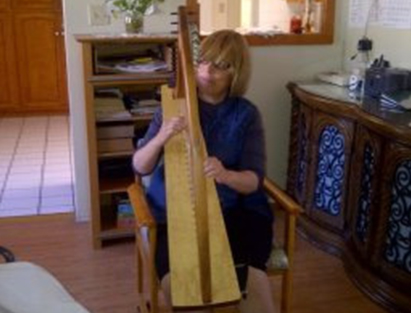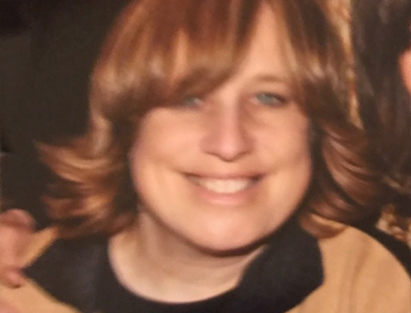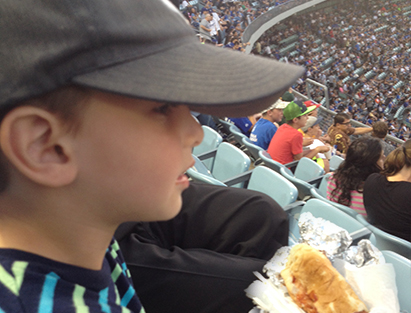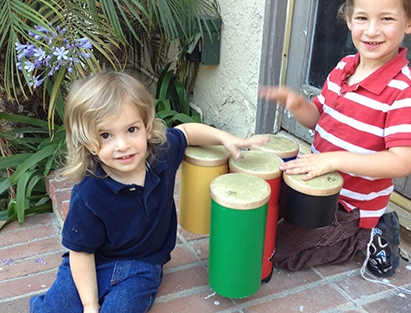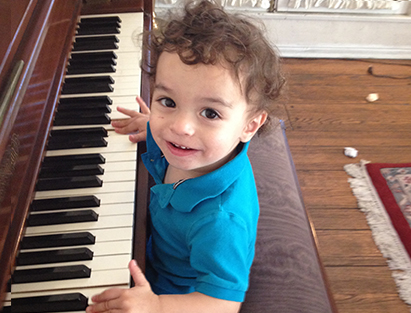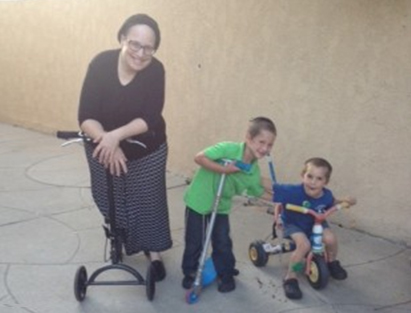Lessons Learned from Carpools
Every so often I have a nightmare where I’ve totally forgotten to arrange carpool, left town for a simcha and my poor kids and their friends were left stranded in the courtyard of the school. I’m sweating, frightened, and scrambling for someone to replace me. And then, before I know it, I wake up, and thank Hashem that it’s only a dream.
Night terrors notwithstanding, carpools were central to the agenda of our child-raising years, as our days were enmeshed with transportation minutiae. The experience engendered for us a complicated mixture of parental obligation, pride, pleasure —and pressure. Carpools were a constant whether we were on duty or not, because when we weren’t driving carpools we were covering for someone else, talking about it, planning it, or designing clear charts for the moms (that includes each one of us!) to follow. After all, without those pseudo-spreadsheets (were spreadsheets even a thing back then?), who could remember who drove when, coming or going, and the morning, afternoon, and night seder carpool? Not to mention the agonizing over who gets morning or afternoon, depending on the various moms’ work and life schedules.
Time management and scheduling required strong organizational skills. We’d scribble to-do lists on napkins, backs of envelopes, or sticky post-it notes. I loved my little journal; I relished crossing off completed items one by one. The list usually was something like “eat breakfast, drive nursery carpool, eat lunch, call doctor, drive high school carpool, prepare dinner, drive yeshiva night seder carpool…” The days were busy and purposeful. Time went very fast when there was always a carpool lurking around the corner.
Carpools: We loved to hate them, but inside we felt guilty for complaining; we knew we were blessed to have children to drive home. Even if those children sometimes (okay, often) fought or argued or kvetched in said carpools. (Cue the activity a friend and I devised the “Quiet Game.” But, I digress.)
Carpool trumped everything. Carpool was this huge force that you didn’t tamper with. Rain or shine, you performed your carpool duties mindfully and with both hands on the proverbial Mommy wheel. I remember sitting on those long carpool lines, inching my car forward and listening to the megaphoned staff call out my child’s name. And when the kids came running into the car with their barely zippered backpacks, I felt a warm gush of nachas overcome me while weaving my car out of the maze into traffic.
The carpool phenomenon was steeped in drama. If my friends or I had to miss a carpool, it was a huge headache to get someone to switch with you. And to miss too many times, we were branded an uncooperative carpooler – not a good omen for future shidduchim with disgruntled carpool organizers. So much was riding on those carpools. Our future reputation as a carpooler, our friendships, our children’s trust in us to pick them up on time….so much was at stake. The concerns were real. It’s no wonder we use the anonymously coined phrase, “Ha’adom Nikar B’kiso, B’Kaaso.. U’BeCarpoolo” (loosely translated from Hebrew to English as a person is understood with the way he handles money, alcohol, anger, and carpools..)
Carpools affected my productivity level, preventing my accomplishing other activities a reasonable amount of time. An item could sit on that list for weeks and be carried over to the next day and next and next…with various added exclamation points to remind oneself to get it done already.
These days I have no such worries about the non-negotiable carpool taking up the bulk of my day. But, while I don’t have that concern, I think of how the carpool days prepared us for setting priorities at every stage of life. Yesterday our priorities were carpools. Today, there are other things that take up the bulk of our day. Things that tell us, no, no, no…don’t plan so much. What’s the point of planning? You’ll have to stop and go do the metaphorical carpool (doctor, exercise, self-care anyone?), and that’s so much more important.
The act of going day after day to pick up my precious children and bring them home safely for a warm supper at home, grounded us. It also reminded us about priorities and commitment to friendships and family. At all stages of life, it’s the things we do day after day – the chessed for our families, friends and ourselves – that are so important. They build stamina, strength and character. And isn’t that what it’s all about? We are creatures of habits. Let’s make our habits drive us to mitzvos and ma’asim tovim in all stages of life.

